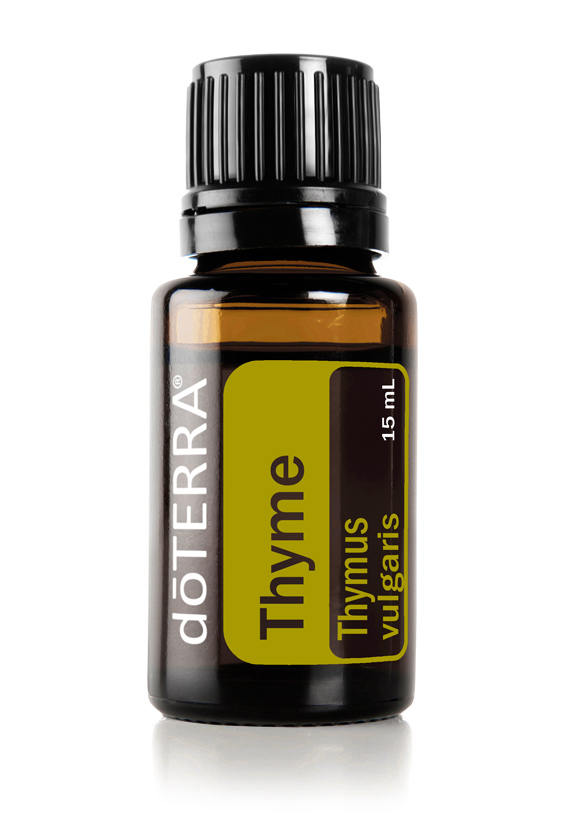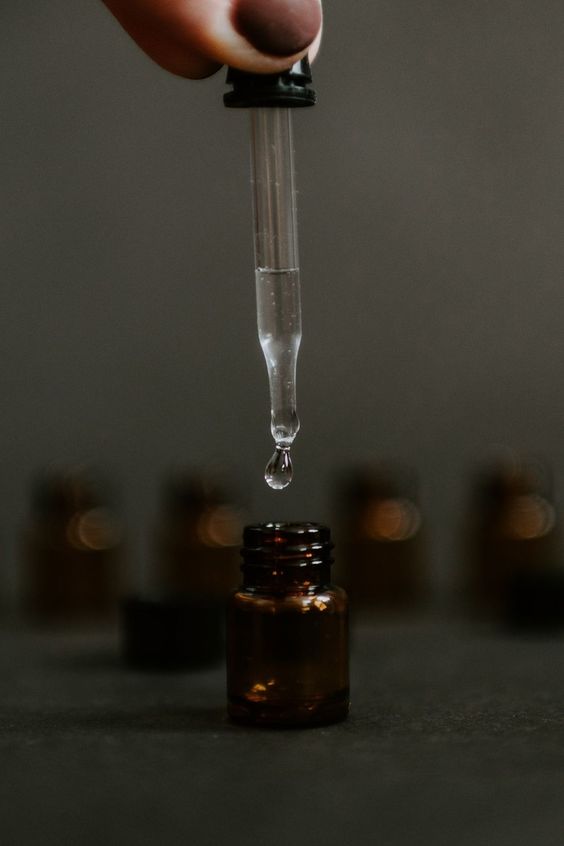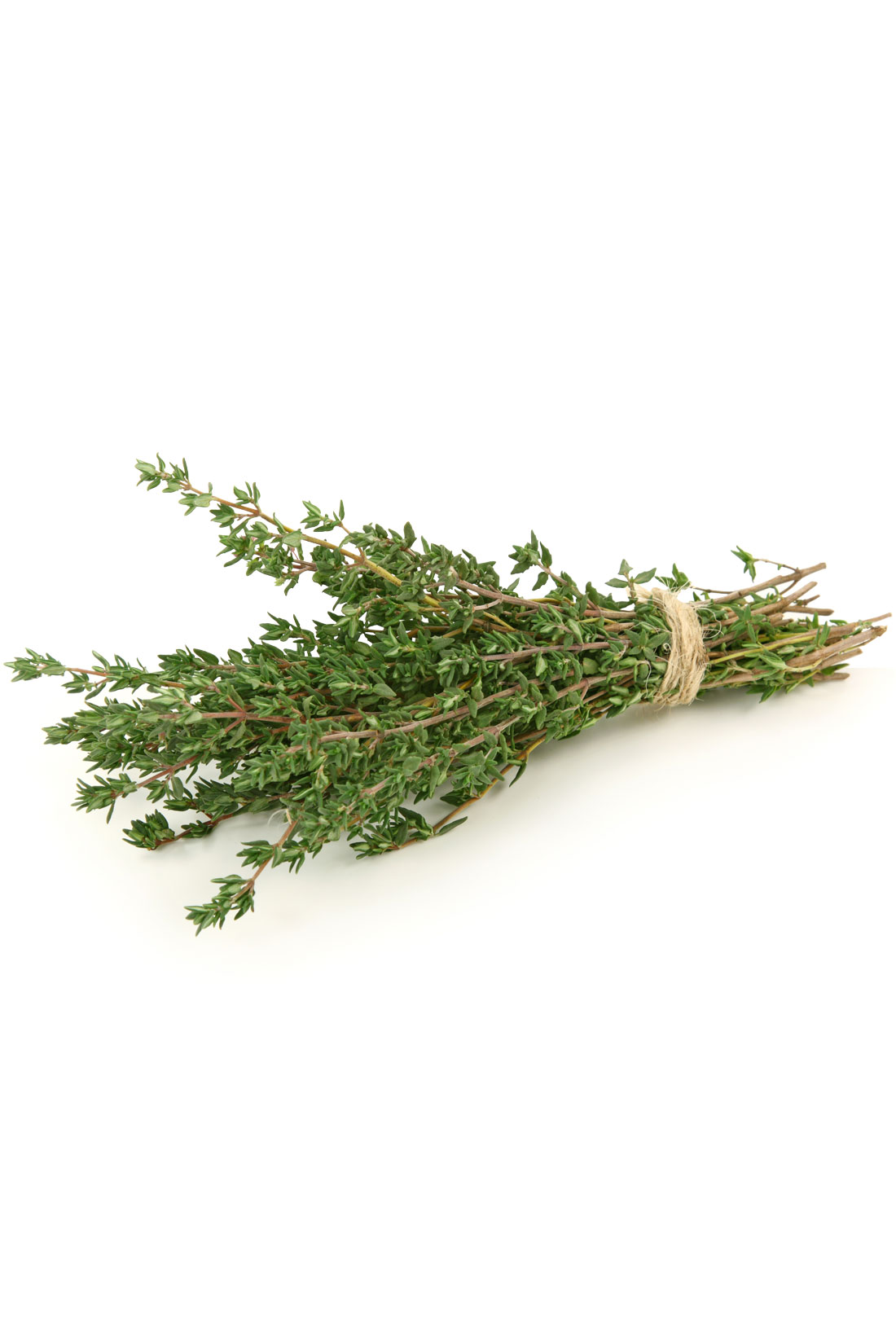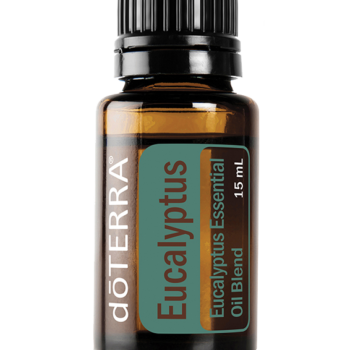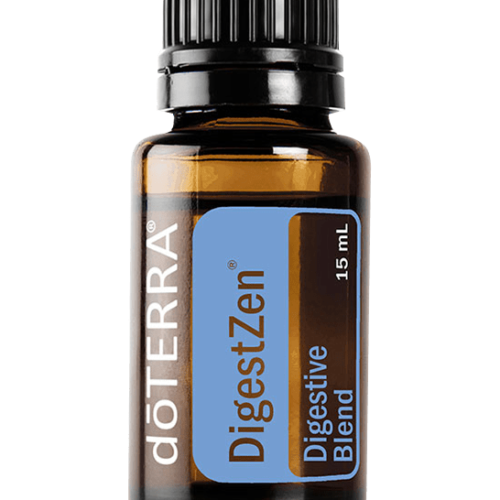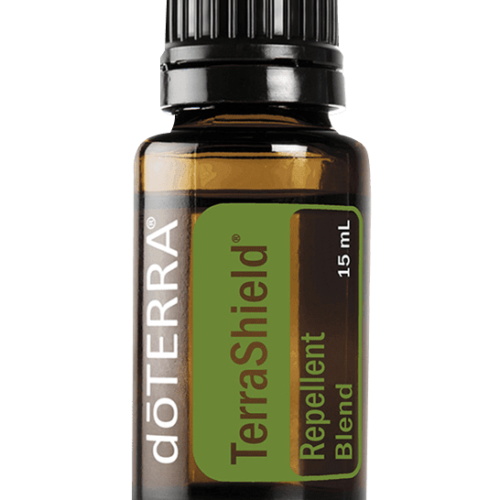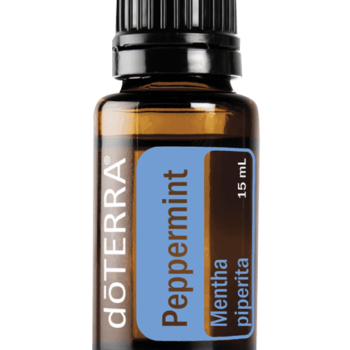Primary Benefits
- Experimental research suggests that Thyme essential oil may have antioxidant qualities when consumed internally.
- Take internally to support a healthy immune system
- Naturally repels insects
Aromatic Description
Warm, herbaceous, floral, powdery
Collection Method
Steam Distillation
Plant Part
Leaf
Main Constituents
Thymol, paracymene
Description
Thought to impart courage to its bearer, Thyme was given to knights and warriors before they went into battle by ladies of the Middle Ages. During this same period, Thyme was often placed beneath pillows to help promote a peaceful sleep and to ward off nightmares. The ancient Greeks used Thyme in their baths and burned it as an incense in their temples while the Egyptians used it in their traditional ceremonies. Today, Thyme is commonly used as a seasoning, but it also produces a potent essential oil that has cleansing and purifying effects for the skin; however, due to its high thymol content, Thyme should be diluted with a carrier oil before application. Experimental research suggests that internal use of Thyme essential oil may benefit the immune system, due at least in part to the thymol and carvacrol content.
Uses
- Add two drops to veggie capsules and take during winter time to support a healthy immune system.
- Use when gardening to naturally repel insects.
- Use one to two drops in meat and entrée dishes to add a fresh herbal flavor.
- Dilute with a carrier oil then apply to targeted areas on the skin to promote healthy-looking skin.
Directions for Use
Diffusion: Use three to four drops in the diffuser of your choice.
Internal use: Dilute one drop in four fluid ounces of liquid.
Topical use: : To apply topically, dilute 1 drop essential oil to 10 drops carrier oil. See additional precautions below.
Cautions
Possible skin sensitivity. Keep out of reach of children. If you are pregnant, nursing, or under a doctor’s care, consult your physician. Avoid contact with eyes, inner ears, face, and sensitive areas.
